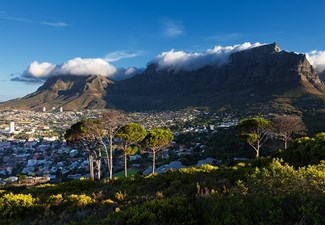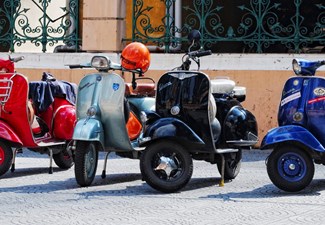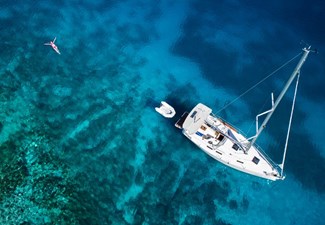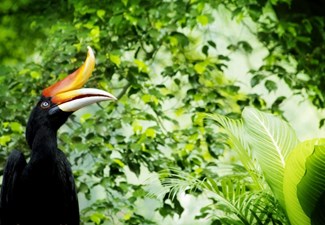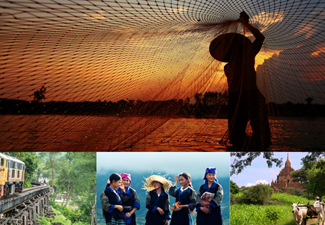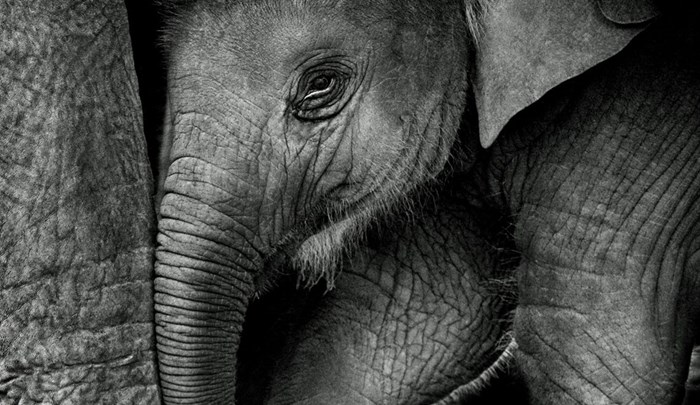
Elephant camps first welcomed tourists in the mid 1970s. At the time, this was seen as a promising economic opportunity for the elephants and their mahouts. Camps began to flourish all over Asia and remained in business for many years. But as the tourism sector began to grow, the pressure to meet growing demand created a heavy toll on elephants that were tamed and ridden. Problems began to emerge and animal welfare organisations and industry professionals started to highlight the dismal welfare of elephants camps across Asia.
In recognition of this issue, AM Travel, with support of other specialist and different animal welfare organisations, such as World Animal Protection or EARS Asia, pioneered the way in responsible elephant tourism. We developed our own elephant camp assessment, which not only takes into consideration the working and living conditions for elephants, but also for human staff, as well as the impacts on the environment and the surrounding communities. The team carries regular inspections to various camps and is also actively part of the Proving Demand Working Group (PDWG) to keep up the growing interest in elephant-friendly tourism.
AM Travel joined a number of other operators in pioneering inspections of ten elephant camps in 2015. By collecting detailed statistics and data related to elephant camps and the treatment of elephants, we were able to inform efforts that would eventually result in the improvement of elephant welfare.
The effort snowballed and since then, AM Travel has joined other members to be part of the Travelife PATA Tour Operators (TO) Sustainability Working Group, an initiative led by the Travelife for Tour Operators to discuss how camps could achieve and maintain new standards that would lead to sustainable development of the industry. The overriding mission was to not only recognise the efforts of the most responsible elephant camps but also encourage other camps to make essential improvements in animal welfare and to improve the visitor experience.
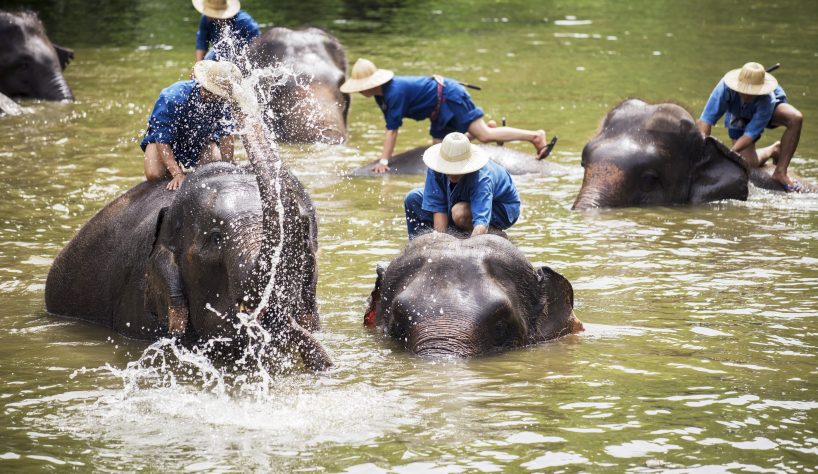
With the strong guidance of AM Foundation, a branch of our company entirely dedicated to sustainability, AM Travel is committed in protecting wildlife and the preservation of ecosystems. Under a strict code of conduct derived through consultations with environmental Non- Government Organisations (NGOs) such as TRAFFIC, Wildlife Conservation Society (WCS), World Wildlife Fund (WWF), Elephant Asia and other specialists, AM Travel ensures that its stakeholders such as the tour guides, clients, partners and travellers adhere to the following guidelines:
-
Limit the negative impact on local and global biodiversity wherever possible i.e. do not promote amtic wildlife food, souvenirs made from shells or corals, or any other consumables listed in the International Union of Conservation for Nature (IUCN) ‘Red List‘ and in the CITES treaty.
-
Do not retain and feature any animals in captivity (birds, elephants, tigers, monkeys etc.) as part of entertainment without ensuring that the `Global Standards for Animals in Tourism’ and relevant `Preferred Codes of Practice’ (ABTA) are observed. Additionally, to prove that animals have been acquired legally and in accordance with the Convention on International Trade in Endangered Species of Wild Fauna and Flora (CITES).
On the study of elephant camps and elephant riding, strict guidelines have been put in place with the best welfare for the elephants in mind, while offering a quality experience for tourists.
Travelife PATA TO Sustainability Working Group aims to officially launch new elephant camps and tourism standards this year, once again proving that more heads than one can help achieve a sustainable tourist sector with resource-efficient strategies for the tourism industry.


